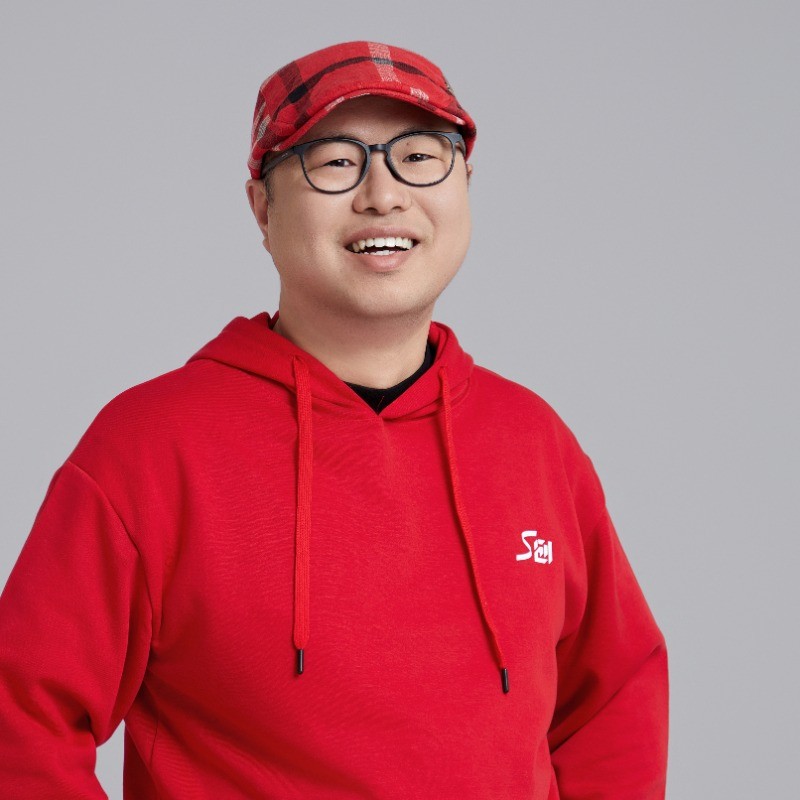“Customers, not corporations, drive innovation in China,” begins Yuchen Song, Founder & President of S-Tron, reflecting on what sets the Chinese entrepreneurial ecosystem apart from its neighbors like Japan, Korea, and Singapore.
Speaking candidly about his experiences, Song highlights a profound difference in customer readiness to embrace new technologies. “In China, the acceptance of innovative products is much higher compared to Japan or even the West. Innovations that might take years to gain traction elsewhere can be adopted within months in China,” Song explains.
He vividly recounts growing up during a transformative era in China, moving rapidly from playing outdated Nintendo games to experiencing cutting-edge PlayStation technology just a few years later. “In China, the last 30 years have felt like 100 years of development elsewhere. We’ve transitioned from extreme poverty to remarkable wealth rapidly, making people very receptive to new technologies.”
Song emphasizes this accelerated acceptance with examples such as digital payments and advanced vehicle technologies. “Europe took decades to accept digital payments like Apple Pay, while China adopted similar technologies in just months,” he notes. He cites Huawei’s new electric vehicles and luxurious automobile innovations like massage seats and advanced LED screens as evidence of China’s quick embrace of tech.
A generational shift in entrepreneurship
Another striking observation by Song is the generational divide shaping China’s entrepreneurial landscape. “Older generations feared real hunger—literal scarcity—so their entrepreneurship was driven by a deep-seated need for safety and expansion. They scaled businesses quickly because they were seeking security.”
Today, Song sees a new generation rising. Born after 2000, these younger entrepreneurs differ fundamentally in motivation. “They are not driven by fear of scarcity but by vision, dreams, and passions,” he states. “The older entrepreneurs built the foundations—the basic cake—and now the younger generation adds beautiful toppings like strawberries and cream, making the innovation landscape richer and tastier.”
Navigating geopolitics and global expansion

Geopolitics significantly impacts the expansion strategies of Chinese businesses. Song addresses this candidly, noting that trade wars and global uncertainties have prompted Chinese entrepreneurs to adopt cautious international strategies. “Many Chinese founders initially didn’t consider going global. Their primary focus was always domestic due to China’s vast internal market,” he explains.
The impact of political uncertainty has reshaped ambitions. “We used to dream about the American market, but trade wars disrupted these plans severely. Companies now prioritize safety and stability when choosing expansion destinations,” Song remarks. Regions like Singapore, Dubai, and Hong Kong are currently preferred because they offer safer, politically stable environments, even if culturally different.
Song gives personal insight into S-Tron’s own strategic decisions. Initially linked with Finland’s Slush, geopolitical shifts encouraged them to establish a strong domestic brand. “Because of uncertainties, especially post-COVID and the Russia-Ukraine conflict, we decided a Chinese brand is safer for our long-term strategy,” he adds.
China’s sudden global emergence
Song also addresses why Chinese innovation often feels sudden to the global market. “Chinese entrepreneurs often spend years refining products domestically before even considering global markets. Then, suddenly, when the opportunity arises, their products are already at competitive international standards,” he explains. “It’s like opening a water gate—innovation suddenly floods global markets, creating shockwaves.”
This phenomenon has been especially noticeable in AI and technology sectors, with companies like Deepseek quickly emerging as major players. Yet, Song clarifies the internal motivation behind such developments. “Deepseek’s goal wasn’t global domination initially; it was to fill a domestic market gap when OpenAI became unavailable. Global recognition was a secondary consequence of excellence,” he emphasizes.
Trust, safety, and cultural preferences
Finally, Song underscores that trust and safety are central to Chinese entrepreneurial decisions. “Chinese entrepreneurs prefer building international partnerships rather than direct expansions because trust and relational safety are fundamental,” he explains. This cultural preference shapes their cautious approach to global business, especially amid geopolitical uncertainties.
Song concludes by highlighting China’s unique cultural emphasis on safety, illustrating the importance with everyday examples: “In China, you can leave your phone unattended for half a day without worry. That safety mentality translates into how entrepreneurs view international expansion—prioritizing stability above all.”
Through Song’s candid reflections, it’s clear that China’s entrepreneurial energy is reshaped not only by rapid technological acceptance but also by deep-rooted cultural values and shifting generational motivations, positioning it uniquely on the global innovation stage.





